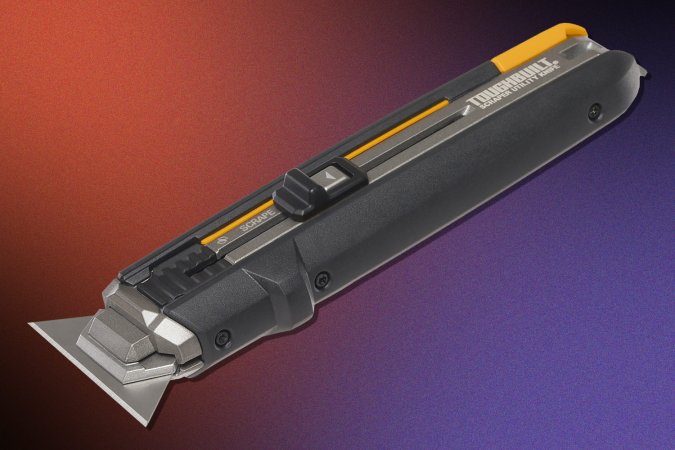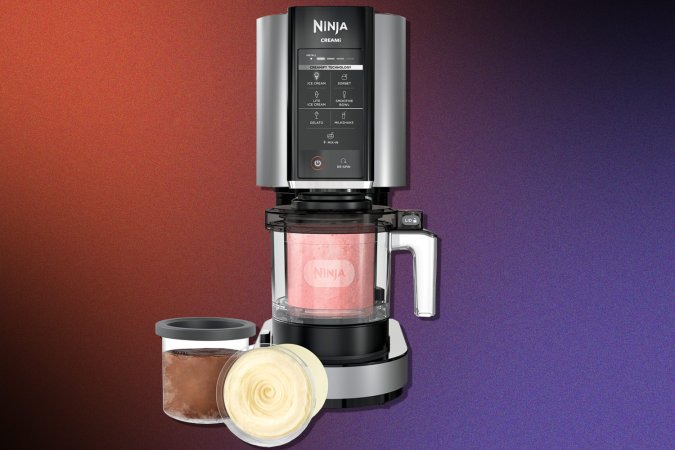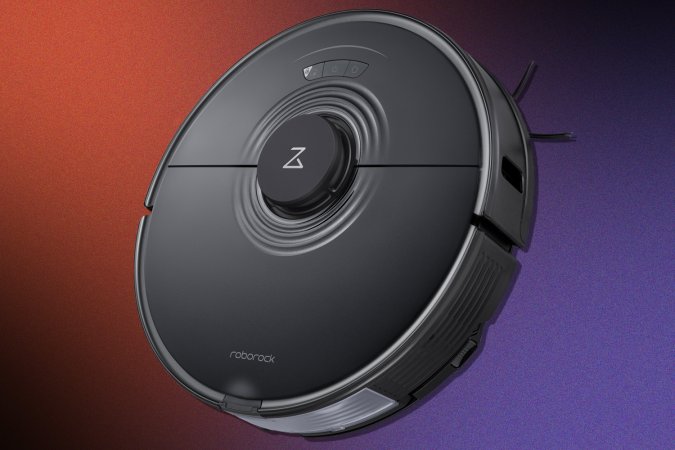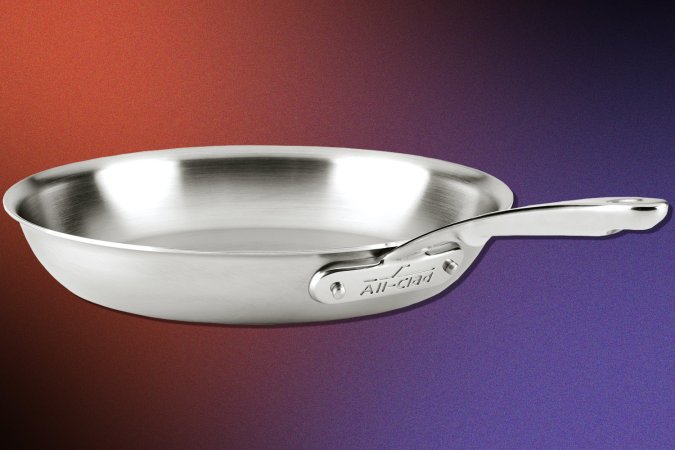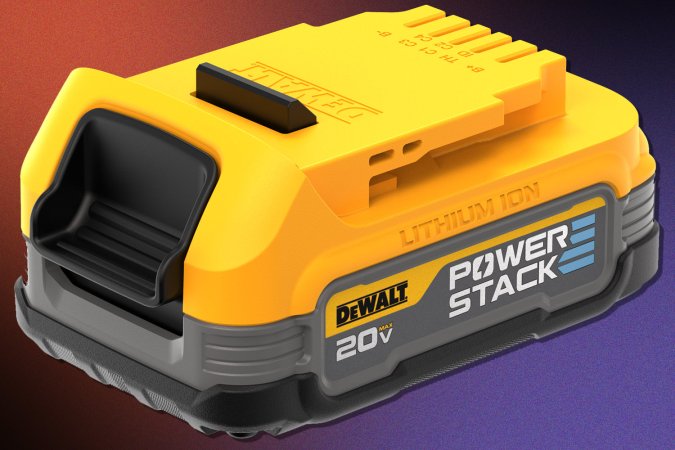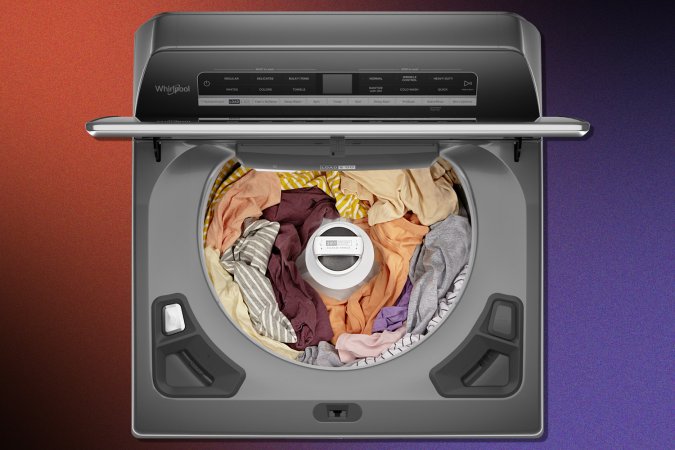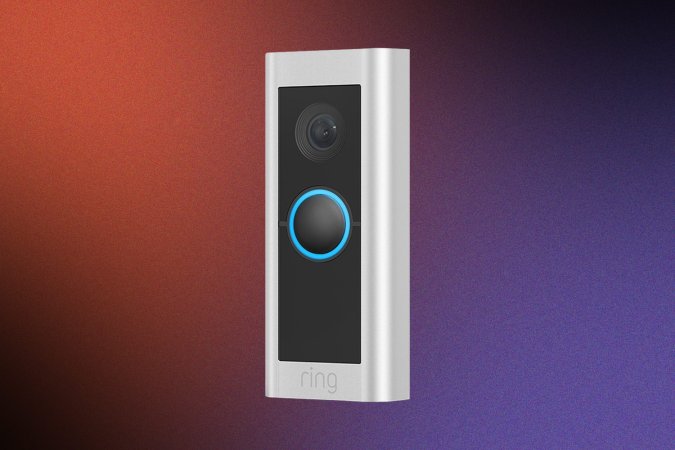

We may earn revenue from the products available on this page and participate in affiliate programs. Learn more ›
One of the things we think a lot about here at Popular Science is how to do more with less. That often means repurposing scraps, finding out-of-the-box solutions, or simply stocking our homes with products singularly capable of making our lives easier. This year, the best home products include a utility knife that turns into a scraper, a robotic vacuum-mop that knows how to avoid wetting your carpet, and shingles that very well could contain recycled asphalt from your neighbor’s old roof.
Looking for the complete list of 100 winners? Check it out here.
Grand Award Winner: A tangle-proof vacuum head
Hair screw tool by Dyson
Anyone living with a long-haired person or pet knows all-too-well the struggle of clearing a vacuum brush head after a thorough cleaning. Those formerly luscious locks love to loop, loop, loop around the rotating cylinder until it’s so clogged you have to wield scissors or a utility knife to free it—barely able to tell which bristles are built in and which used to be on someone’s dome. Dyson solved this modern woe by eschewing the standard tubular brush head shape for a cone inspired by the ancient design of Archimedes’ screw. Pop one of these onto the end of a compatible Dyson vacuum (including the V8, V10, V11, Outsize, and V15) and those obnoxious hairs will find it harder to hang on. As the screw spins, it funnels follicle-grown filaments off its skinniest end, where the bristles are also softer to shake off any hairy grasps. There, they’re helpless against the suction of the vacuum—leaving more hair in the dustbin and less cleanup when you should be done cleaning.
A transforming utility knife
Scraper utility knife by ToughBuilt
A utility knife is a toolbox must-have. A scraper is much more specialized, but there are plenty of jobs—say cleaning up paint on and around a window—that demand both. ToughBuilt’s first-of-its-kind cutter morphs into a scraper. Press the button on the side of this 6.5-inch-long tool and push it forward to unsheathe the razor; keep going and the blade will flick 90 degrees, locking in place for scraping. There’s also a paint-can opener on the back for when you need it.
Any frozen ingredient can be ice cream
Creami by Ninja
Traditional ice cream makers can spend 20 to 40 minutes churning ingredients into the tasty treat we all love. The Ninja Creami spits out its chilled desserts in just 5 minutes. Drop frozen ingredients like fruit into one of the machine’s pint containers, and the appliance shaves them into fine ice particles that match the creamy texture of a well-made dairy delight. When it comes to recipes, you’re essentially limited only by your imagination—if you can freeze it, it’s dessert.
No mistakenly mopped carpets
Roborock S7 by Roborock
If your floors are a mix of carpet and wood—or any other hard surface—it can be risky to buy a cleaning robot that vacuums and mops. Without significant babysitting, a bumbling device can easily soak a shag by dragging its wet, dirty sponge into the wrong room. Not the Roborock S7, which can detect carpet and lift its mopping attachment to avoid making a mess. It knows what’s underfoot thanks to an ultrasonic sensor that blasts sound at the floor, reading the echo to determine what’s soft and what’s not. We like to think it screams so you don’t have to.
The lightest, quickest cookware
G5 Graphite Core Bonded Cookware by All-Clad Metalcrafters
More than six years of metal research turned into seven patents and one line of All-Clad pans. The stainless steel and aluminum bodies have pyrolytic graphite cores that heat up faster than copper thanks to the arrangement of the carbon atoms inside. They’re also 80 percent lighter, making these pans good for tossing onions and flippin’ pancakes. Not only will the pans withstand the highs of your oven or broiler, but they’re so eager to take on heat that they work well at even the very low temps that delicate foods like fish demand.
A lighter, more powerful tool battery
Powerstack 20V Max Compact Battery by DeWalt
DeWalt’s new Powerstack pouch battery represents a whole new approach to energizing cordless tools. While standard lithium-ion bricks are stuffed with vertical, cylindrical cells—and have only been getting bigger as manufacturers look to add more power and runtime to their products—DeWalt’s batteries use stacked cells, so there’s no wasted space. This both reduces weight and boosts output: They’re 25 percent smaller than the previous generation and 50 percent more powerful. They also fit existing 20V Max tools and use the same charger as all DeWalt lithium-ion batteries, so you won’t have to buy new gear to add them to your kit.
The first shingles to contain recycled asphalt
Recycled asphalt shingles by GAF, a Standard Industries company
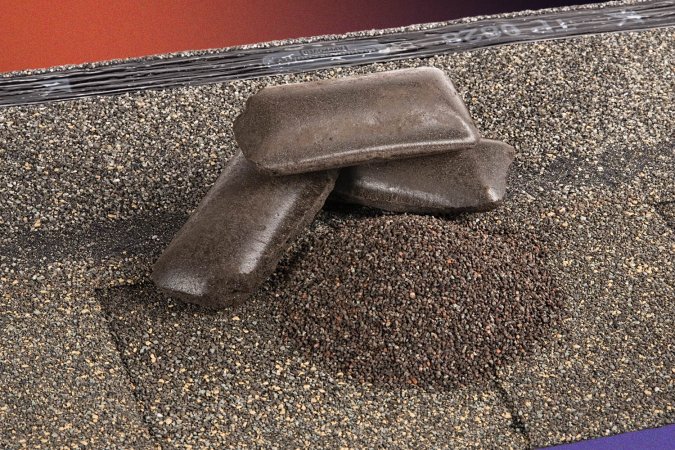
Discarded roofing shingles typically end up tossed in landfills or incinerated. Those that do get reused are usually melted down and packed into roads. GAF, however, has figured out how to turn about 90 percent of this demolition scrap into usable material for new shingles. Once the discarded sheets of asphalt are cleaned of construction debris, they’re cut into 4-inch squares and two carpet beater-like machines remove any grippy granules that may degrade the quality of the mix. The clean 4-by-4s get ground into a powder, sieved, and separated to get the asphalt in one place, packed into briquettes, and tossed back into the standard shingle manufacturing process. The new ones contain up to 15 percent recycled material.
Two types of washing in one machine
Top Load Washer with 2 in 1 Removable Agitator by Whirlpool
Some top-loading washing machines have an agitator in the center—a bulky rod that jostles clothes around to get them clean—while others rely more on your garments rubbing against one another to scrub themselves clean. Whirlpool’s new top-loaders do both. Leave the 1.15-pound agitator in place for heavy washing jobs (say, all your jeans) and pull it out for a gentler cycle. A spring-loaded cap plugs the hole so your clothes won’t get snagged and torn.
A doorbell camera that won’t bug ya
3D Motion Detection by Ring
Most home security sensors are passive, in that they gather information from the environment and try to interpret it. This can lead to frequent false positives, like if a motion detector clocks a curious crow as a potential intruder. Ring’s newest video doorbells and camera-equipped floodlights have gone the active route, becoming the first home security devices to use radar to visualize the world. These little gadgets broadcast waves up to 30 feet (you set the distance). Radar excels at tracking motion, and the cameras’ computer vision is good at identifying objects. Combined, the technologies make the system better at interpreting what’s actually in front of it.

